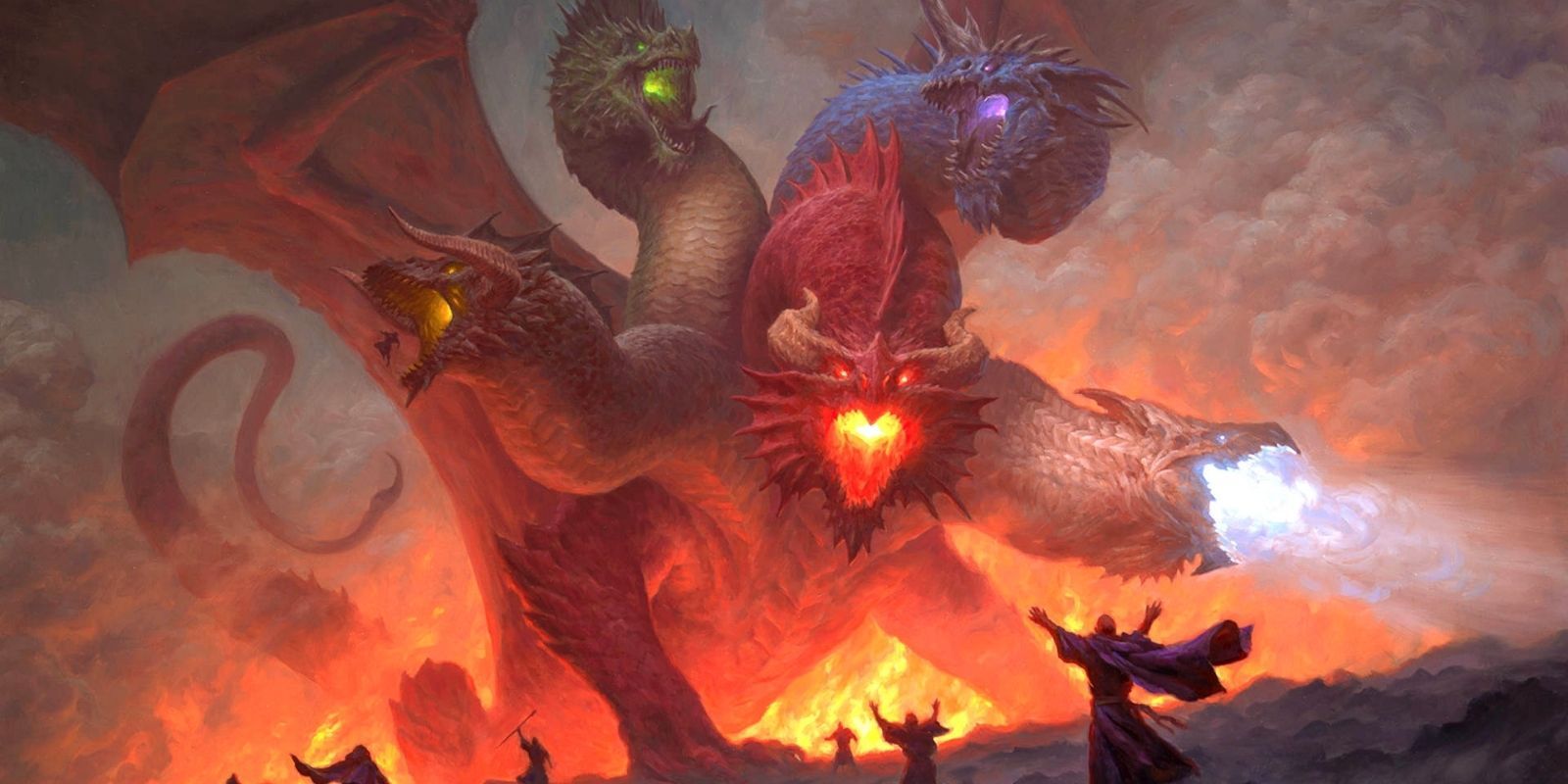
Cut content from the recently released Game Wizards book details Dungeons & Dragons co-creator Dave Arneson's original idea for how hit points should work in the tabletop role-playing game.
As noted by Jon Peterson, author of Game Wizards: The Epic Battle for Dungeons & Dragons, Arneson believed that hit points should be static, never increasing as the player levels up. Rather than boosting their health pool, the character would simply become harder for enemies to hit, reflecting their growth in combat. Upon the release of the original Dungeons & Dragons, Arneson made his complaints with the hit point system known. He wrote, "Another point of mixup was that players were not intended to become harder to hit and take more damage as they progress. Instead, they were to take the same amount of hits all the time... while becoming more talented in inflicting hits and avoiding the same."
According to Peterson, writing on blog site Playing At The World, Arenson's original designs involved rolling for hit points with percentile dice, an idea which was later tweaked for Adventures in Fantasy, a rival role-playing game. While Arneson still believed hit points should remain static, he introduced an algorithm used to calculate hit points "based on starting character statistics" which were established with percentile dice.
Arneson's system was never implemented in Dungeons & Dragons which continues to use scaling hit points. When asked about Arneson, fellow creator Gary Gygax stated, "D&D was not Dave's game system by any form or measure." Peterson notes that the hit point disagreement is symptomatic of the feud that occurred between Gygax and Arneson. "...during his development of the first draft of D&D, Gygax wrote the rules as he saw fit. He drew on system Arneson had sent him, and his experiences playing with Arneson and Dave Megarry, but he showed little deference to Arneson," writes Peterson.
Despite the feud and eventual legal battle that ensued over the ownership of Dungeons & Dragons, the role-playing game went on to be a colossal success. Released in 1974, the game is currently on its Fifth Edition, with regular sourcebooks and campaigns released every year.
The next expansion for the game is Fizban's Treasury of Dragons, which will reintroduce a variety of classic creatures back into the game. It will also feature new dragon-based mechanics, items, magic and character creation tools. The book launches on Oct. 26.
Source: Playing At The World
0 Comments